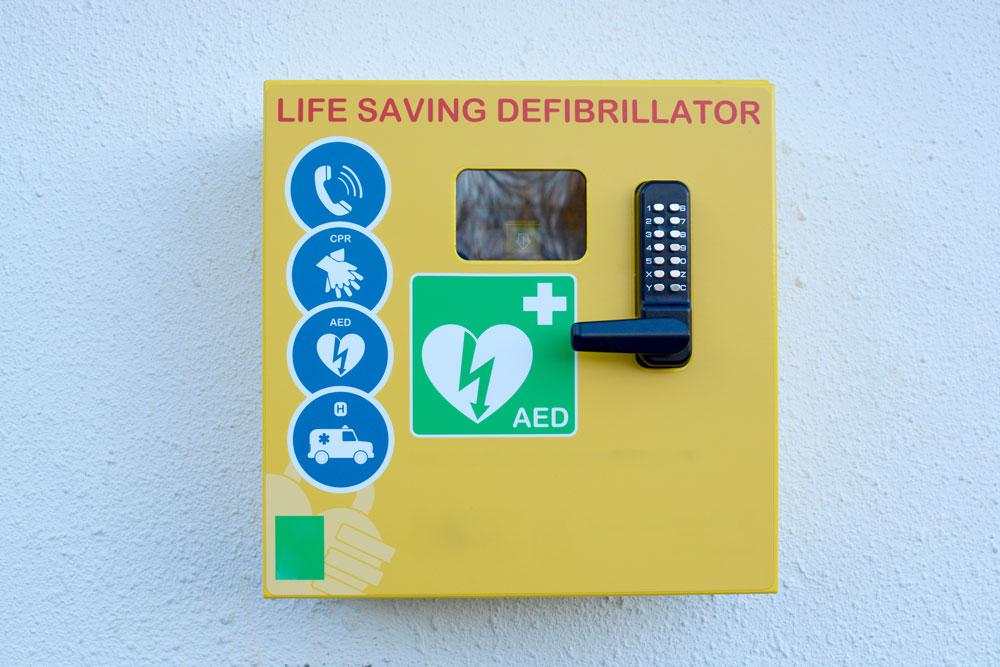Ilse Bosch, Brexit policy consultant in the NHS Confederation’s international office, writes for Health Business about what the end of the transition period means for the health and care system
The story started with the UK’s vote to leave the EU in 2016, triggering three-and-a-half years of broad, complex, and often tense negotiations. After eventually signing the Withdrawal Agreement, the UK formally left the EU on 31 January 2020. This marked the beginning of an 11-month transition period, during which the UK continued to adhere to EU rules and remained part of the single market, while negotiating a new long-term trading relationship with the bloc.
After many twists and turns, and passing many deadlines, the EU-UK trade and co-operation agreement (TCA) was secured on Christmas Eve 2020, to take effect from 1 January 2021. While the agreement provides some welcome certainty, in effect removing the prospect of a ‘no-deal’ cliff edge, it also introduces a range of changes for health and care organisations, patients, and manufacturers of medical products and scientific research, now and into the future.
What is in the deal and what does that mean?
Compared to the levels of co-operation and co-ordination on a structural and regulatory level that the UK had with the EU before now, the TCA maintains only some alignment to the previous regime – as expected, we have ended up with a 'light' deal. Many ties between the UK and EU will fall away and there are some areas where the future is not yet clear. However, it includes some important areas of co-operation for health.
Access to medicines and devices
The TCA centres on UK-EU trade in goods. Looking at the implications for health, this is a good place to start. With EU imports of medical products valued at £18 billion (2019), the UK relies on trade with the EU for security of supplies. About 70 per cent of products coming to the NHS are ultimately imported from the EU, and one in five devices used in specialised procedures arrive overnight. This is a sensitive, vital part of what makes our health system work.
Leaving the single market, customs union and EU framework for the regulation of these products brings bureaucratic changes to moving them across the border, including new customs checks and paperwork. There will also no longer be mutual recognition of conformity assessment, so both sides now have to assess that products are safe to be marketed in their territories.
However, the deal does include some provisions that help to facilitate trade by softening some border and regulatory barriers. For instance, it agrees zero tariffs and quotas on imports and exports for goods meeting rules of origin requirements and contains specific clauses that mean the UK and EEA states formally recognise each other’s good practice in medicine manufacturing (GMP). The latter allows each side to accept the other’s regulatory authority assessment that manufacturing facilities comply with GMP, which effectively reduces duplication for supply chains.
NHS staff and patients
The good news on the infamous ‘level playing field’ is that the deal commits to protect workers’ rights and to maintain current standards, providing legal protection and support for wellbeing and patient safety. Additionally, although mutual recognition of professional qualifications between the UK and EU has ended, the UK has offered recognition for EU healthcare qualifications for two years.
International recruitment into the NHS will be governed by the new UK points-based immigration system rather than the trade deal, but there are implications for the workforce, as the arrangements come into force simultaneously. The new immigration system makes it relatively straightforward for most professionals to come to work in the UK via the Health and Care Worker Visa. However, for a number of social care roles, it will become more difficult to meet the criteria for immigration. With 112,000 unfilled posts in adult social care according to Skills for Care, and ever-increasing demand for services, this is a major concern.
The TCA was positive for reciprocal healthcare rights for patients. For UK citizens in the EU, and vice versa, the deal agrees not only a continuation of free emergency care via the European Health Insurance Card, but also allows people who need pre-planned treatment to access care. This provision also means the NHS does not have to implement 27 new processes for recovering cost for treating patients visiting from each EU member state.
Wider areas of co-operation
In terms of medical research, the TCA states the UK will join the Horizon Europe research programme, which will spend €85 billion over seven years. This means British scientists can continue to participate in EU-wide research and testing of new treatments and that patients can benefit as soon as they are available. The UK and EU have also agreed to facilitate movement of researchers with as few barriers as possible, including a new UK global talent visa.
Although co-operation on health security will largely end as the UK will no longer be a member of the European Centre for Disease Prevention and Control, it will be able to request access to the Early Warning Response system database for exchanging intelligence, to tackle “serious health threats” comparable to Covid-19.
What is next?
The TCA’s full impact on the health sector will not be immediately apparent. This is largely because of the unilateral decisions by the UK to ‘phase in’ changes over the next few years.
Mostly notably, the UK’s Border Operating Model is not yet fully implemented. Some customs formalities will be brought in gradually up to July 2021. As a result, although contingency measures, such as stockpiling, appear robust, the risk of supply-chain disruption remains. This is particularly important for the Dover-Calais route, through which three-quarters of medicine imports enter the UK.
More ‘behind the scenes’, various regulatory changes relating to medical products will be introduced over time. This includes a phased process for implementing medicines regulation in Northern Ireland up to December 2021; the UK’s unilateral agreement to continue to accept batch testing conducted in the EU until 1 January 2023; and recognition of CE marks for devices for two-and-a-half years. This allows companies more time to prepare for new arrangements.
Last, but not least, a final agreement on data has not yet been reached. This requires an EU decision to confirm that the UK data protection regime is ‘adequate’ to allow personal data to flow from the EU to the UK. In its place, the deal temporarily agrees to allow continued transfers for up to six months. If there is no agreement in that time, alternative transfer mechanisms will need to be put in place for personal data to continue to flow for medical care and research purposes.
For health, the deal sets out only a template for our future relationship with the EU. We now need to agree our future priorities for collaboration and alignment with the bloc. The TCA proposes no fewer than 19 specialised committees and four working groups through which to do this. The relationship is likely to shift and be shaped over the next five years until the next official scheduled review of the deal.






